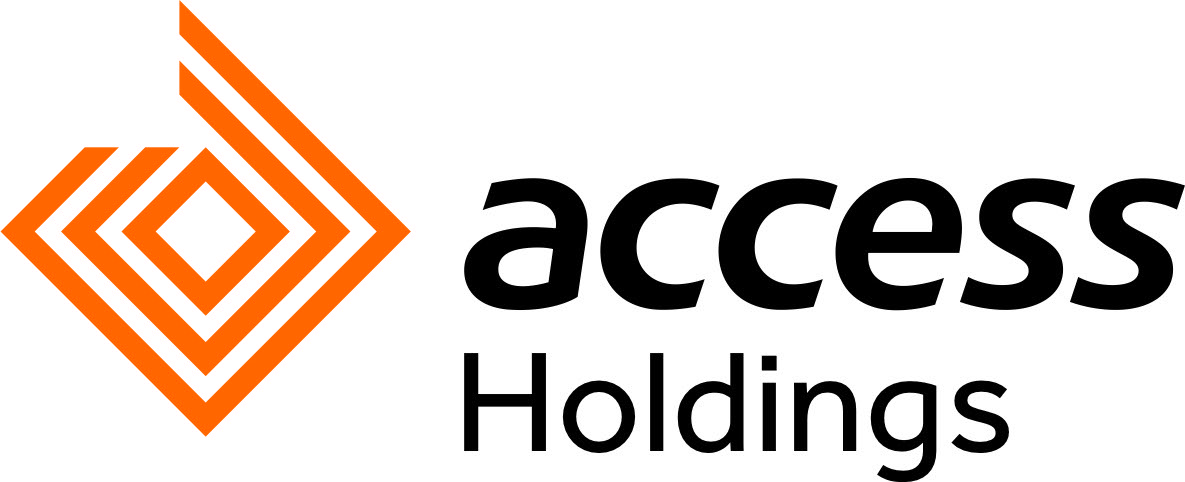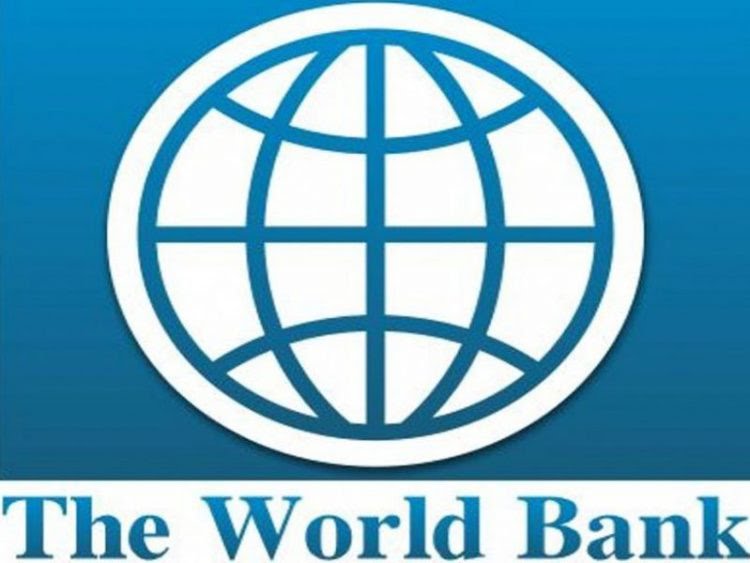The World Bank has cut its growth forecast for sub-Saharan Africa in 2018 to 2.7 per cent, down from an earlier target of 3.1 per cent, partly due to less favourable external environment for the region.
The lender said in its October 2018 issue of Africa’s Pulse, the bi-annual analysis of the state of African economies, that its 2018 projection represents a slight increase from 2.3 per cent in 2017.
“The slower pace of the recovery in sub-Saharan Africa (0.4 percentage points lower than the April forecast) is explained by the sluggish expansion in the region’s three largest economies, Nigeria, Angola, and South Africa,” said the World Bank.
Albert Zeufack, World Bank Chief Economist for Africa, said the region’s economic recovery was in progress but at a slower pace than expected..
Zeufact said policymakers must continue to focus on investments that foster human capital, reduce resource misallocation and boost productivity to accelerate and sustain an inclusive growth momentum.
“Policymakers in the region must equip themselves to manage new risks arising from changes in the composition of capital flows and debt,” he said.
According to the report, global trade and industrial activity lost momentum, as metals and agricultural prices fell due to concerns about trade tariffs and weakening demand prospects.
“While oil prices are likely to be on an upward trend into 2019, metals prices may remain subdued amid muted demand, particularly in China.
“Financial market pressures intensified in some emerging markets and concern about their dollar-denominated debt has risen amid a stronger U.S. dollar,” says the Pulse.
The World Bank said lower oil production in Angola and Nigeria offset higher oil prices, and in South Africa, weak household consumption growth was compounded by a contraction in agriculture.
He stated that growth in the region — excluding Angola, Nigeria and South Africa — was steady, noting that several oil exporters in central Africa were helped by higher oil prices and an increase in oil production.
According to the World Bank, economic activity remained solid in fast-growing non-resource-rich countries, such as Cote d’Ivoire, Kenya, and Rwanda.
These were supported by agricultural production and services on the production side, and household consumption and public investment on the demand side.
The lender warned that public debt remained high and continues to rise in some countries.
The lender noted that vulnerability to weaker currencies and rising interest rates associated with the changing composition of debt may put the region’s public debt sustainability further at risk.
Source The Sun














